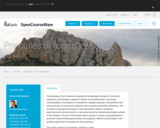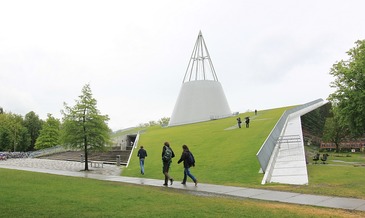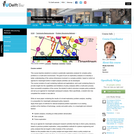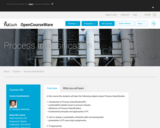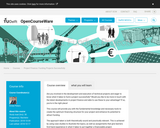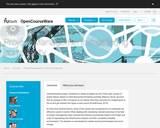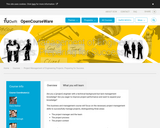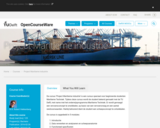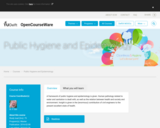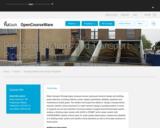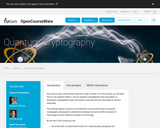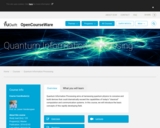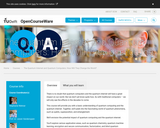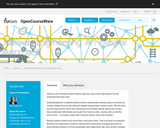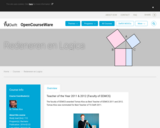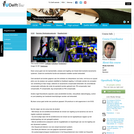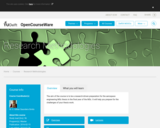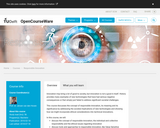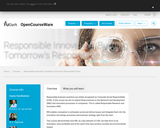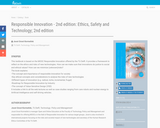Underestimating project complexity is widely accepted as one of the major causes of project failure. Based on international benchmarking activities (Merrow, 2010), we know that an average of 40% of projects do not deliver what they promised; for megaprojects in the oil and gas industry this figure is even worse (Ernst&Young, 2014).
As with most external factors, many of the causes and consequences of complexity are difficult to avoid or control. When dealing with complexity, standard practices in the field of project management often overlook the inherent uncertainties linked to the length and scale of engineering and infrastructure projects and their constantly changing environments. The situation is exacerbated by rapidly evolving technologies and social change.
Attempts to overcome these challenges by simply trying to reduce their causes is not enough.
In this course, you will learn our approach to mastering complexity, focused on front-end development and teamwork, which will help you develop the skills you need to make timely actions in order to tackle complexities and improve your chances of project success. You will learn how to enhance your own capacities and capabilities by ensuring you have the necessary balance of complementary skills in your team.
Project success starts with recognizing the main drivers of complexity, which can be highly subjective and highly dynamic. In this course, you will learn to identify what makes a project complex and how to perform a complexity assessment.
Examining the elements of a project (such as interfaces, stakeholders, cultures, environment, technology, etc.) and their intricate interactions is key to mastering complexity.
You will analyze these elements in the context of your own project. Then, based on our complexity framework, you will identify the complexity footprint of your project and use it to adapt your management processes. With personalized guidance and feedback from our world-class instructors, you will learn how to recognize what competencies you need to develop and how to adapt your management style accordingly, not only to improve project performance but also to enhance your decision-making capacity.
